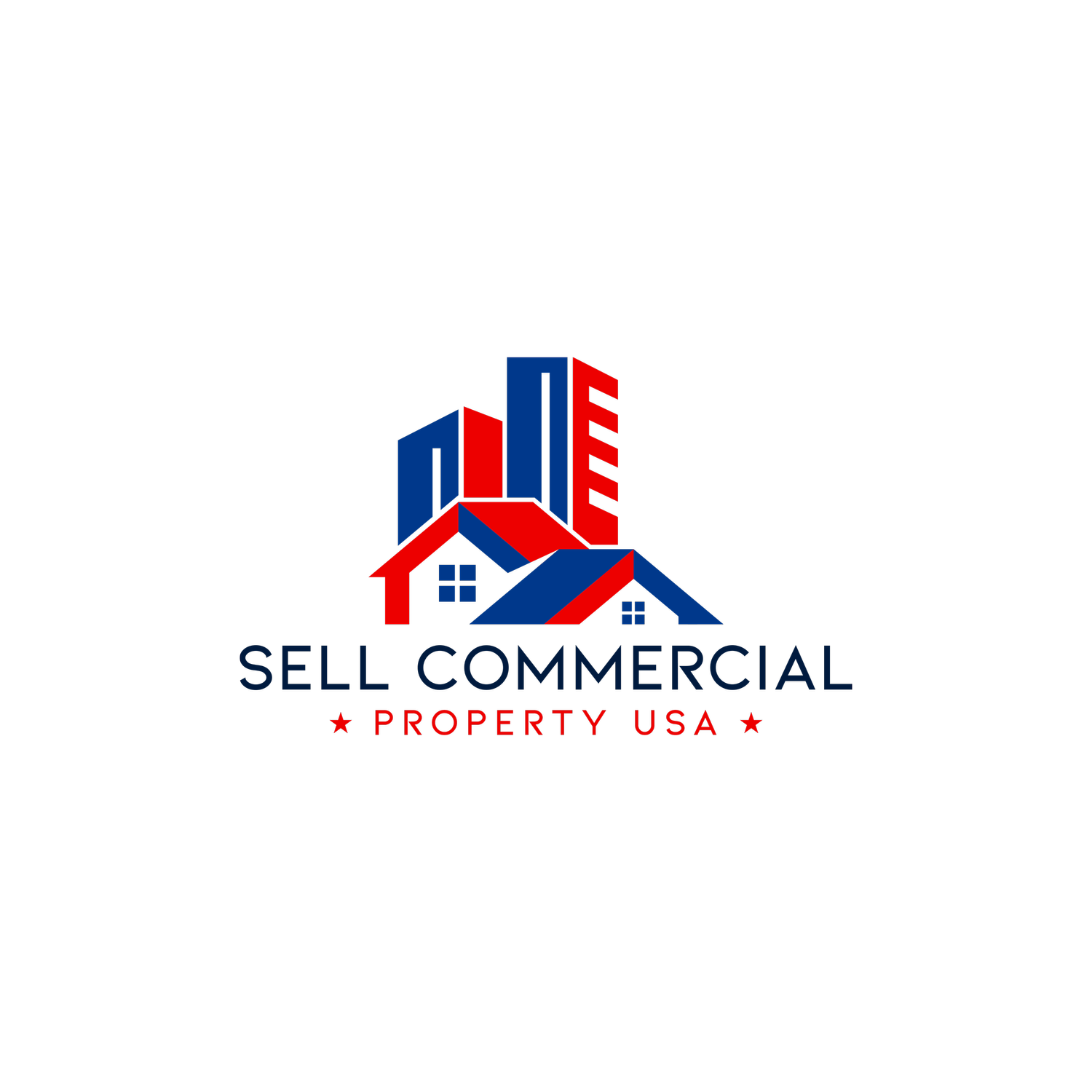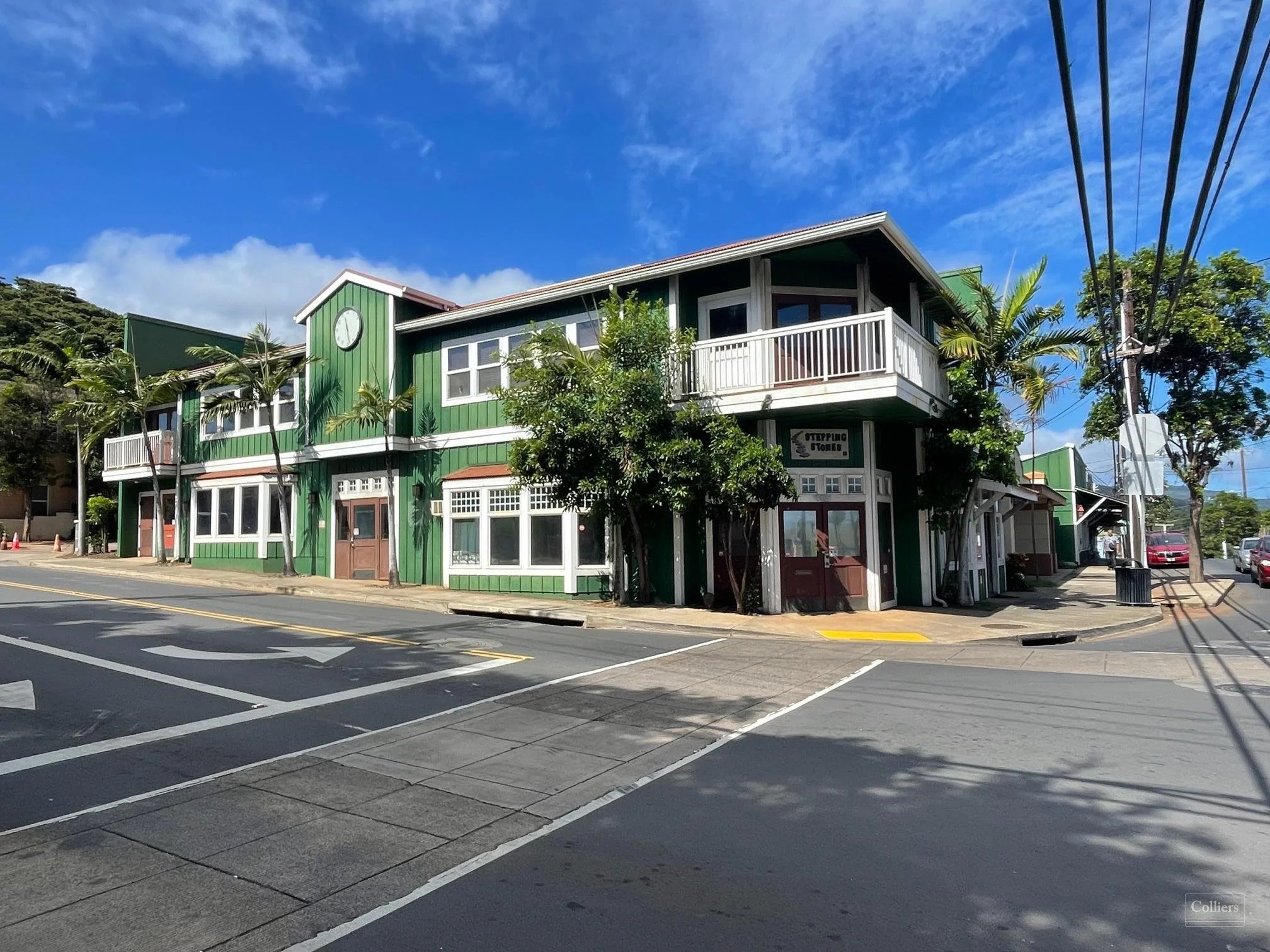How to Sell Commercial Property in Hawaii
Selling commercial real estate in Hawaii can be both exciting and challenging. From Honolulu’s bustling business hubs to Maui’s resort zones and the Big Island’s growing logistics corridors, the market is full of opportunity—but also complexity. Between zoning regulations, leasehold vs. fee-simple ownership structures, and fluctuating tourism demand, closing a deal quickly can be difficult. For many property owners, one of the most strategic choices they can make is selling to a cash investor.
Below, we’ll explore the Hawaii commercial property market, the traditional sales process, and why cash buyers often offer the most practical, profitable, and stress-free path forward.
Understanding Hawaii’s Commercial Real Estate Landscape
Hawaii’s commercial property market is unlike any other in the U.S. Its isolated geography, limited land supply, and strong tourism-driven economy mean that both demand and valuations are highly location-sensitive. Properties in Oahu—especially Honolulu, Kapolei, and Waikiki—often attract corporate investors and international buyers. Meanwhile, outer islands like Maui and Kauai see more interest from small businesses and hospitality operators.
However, the market can be slow-moving. Many transactions fall through due to financing issues, environmental reviews, or complex ownership structures (like leasehold land under the Hawaiian Homes Commission Act or Bishop Estate trusts). These delays make the traditional listing route risky for sellers looking to close within a defined time frame.
The Drawbacks of Traditional Sales
A conventional sale often involves multiple steps—appraisals, inspections, lender approvals, and escrow contingencies. Even after finding a buyer, financing can take months, and banks may decline loans for older buildings, mixed-use properties, or those requiring major renovations.
In addition, commercial listings in Hawaii can stay on the market for 6 to 12 months, especially if the property has unique zoning, deferred maintenance, or limited comparable sales nearby. Each month that passes means additional carrying costs—insurance, taxes, maintenance, and sometimes association dues—while the seller waits for a qualified buyer.
Why Selling to a Cash Investor Makes Sense
1. Faster Closings and Less Uncertainty
Cash investors eliminate the biggest bottleneck in real estate transactions: financing approval. With no banks involved, deals can close in as little as 7–21 days, depending on due diligence. This is a major advantage in Hawaii, where commercial lending can be complicated by leasehold restrictions or environmental compliance issues.
2. As-Is Purchases Save Time and Money
Commercial cash buyers typically purchase properties as is, meaning the seller doesn’t need to handle repairs, renovations, or code compliance updates. This can be especially beneficial in older districts like Kalihi or Hilo, where building codes have evolved significantly and upgrades can be costly.
3. Avoiding Broker Commissions and Closing Delays
Selling directly to a cash investor can reduce or eliminate agent commissions—often 4% to 6% of the sale price. That alone can save tens of thousands of dollars. More importantly, without a long escrow period or financing contingencies, sellers maintain more control and certainty over the timeline.
4. Flexibility for Complex Ownership or Tenant Situations
Hawaii’s commercial properties often have long-term tenants, shared ownership, or mixed-use titles. Cash investors are used to handling these complexities and can structure purchase agreements that respect existing leases or minority ownership interests.
5. Stability Amid Market Fluctuations
Interest rates, tourism trends, and global investment sentiment can shift quickly—particularly in a destination economy like Hawaii’s. Cash buyers provide immediate liquidity, allowing sellers to exit the market before conditions change.
Ideal Scenarios for Selling to Cash Investors
Cash investors are ideal partners for property owners who:
Need to liquidate quickly for estate, retirement, or business reasons.
Own vacant or underperforming commercial spaces.
Have properties with code issues or deferred maintenance.
Face difficulties finding buyers due to leasehold status or zoning restrictions.
Want to avoid the unpredictability of buyer financing or contingent offers.
Conclusion: Cash Sales Bring Peace of Mind
Selling commercial property in Hawaii is not just about getting the highest possible price—it’s about maximizing certainty and efficiency. Cash investors offer a streamlined solution that cuts through red tape, reduces holding costs, and provides immediate liquidity.
For many sellers, especially those dealing with time-sensitive or complex properties, a direct sale to a reputable cash buyer is not just the easiest route—it’s often the smartest financial decision in Hawaii’s unique and competitive market.

